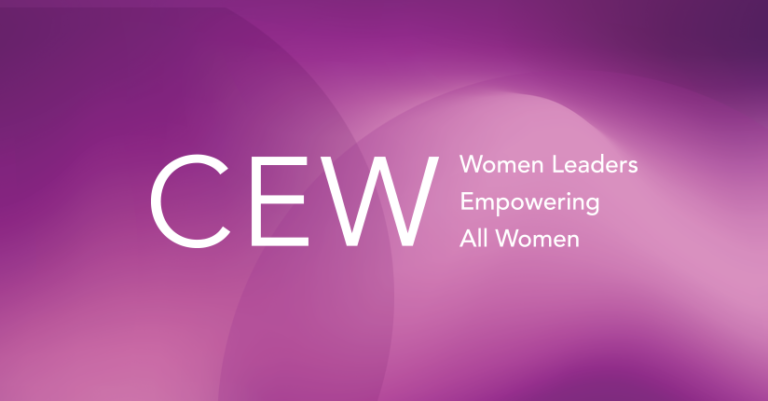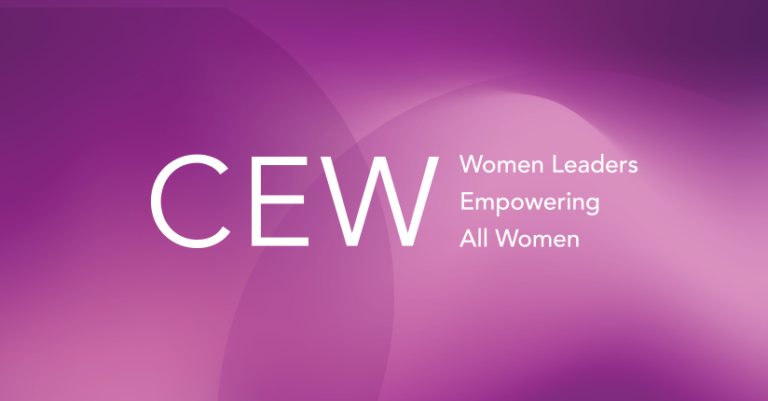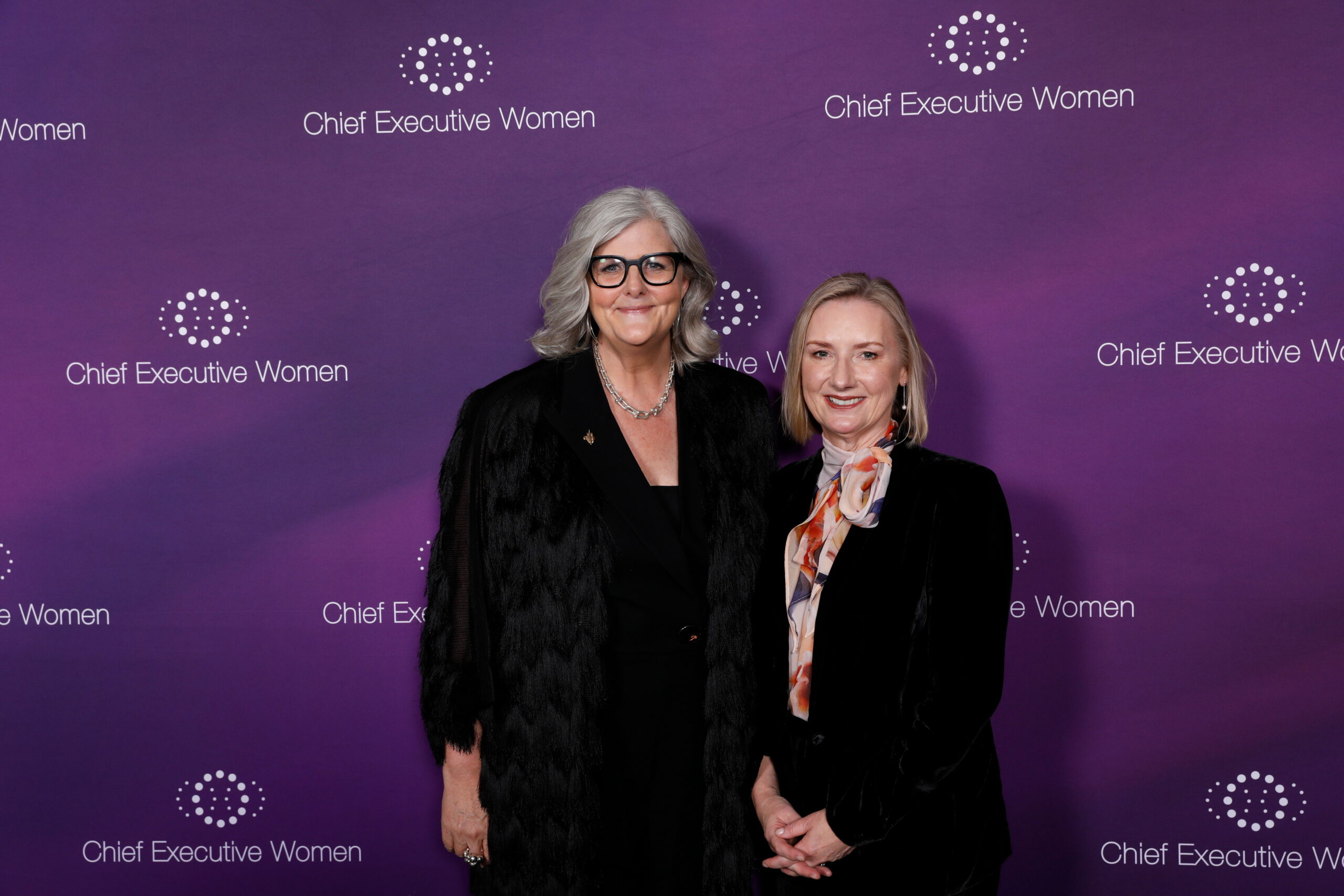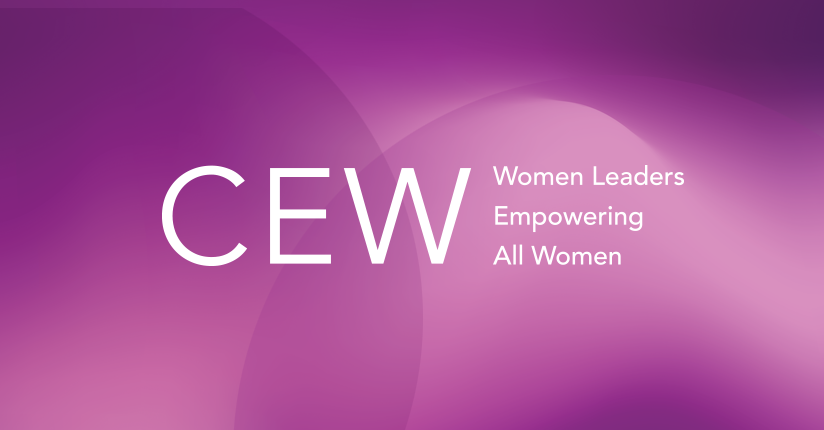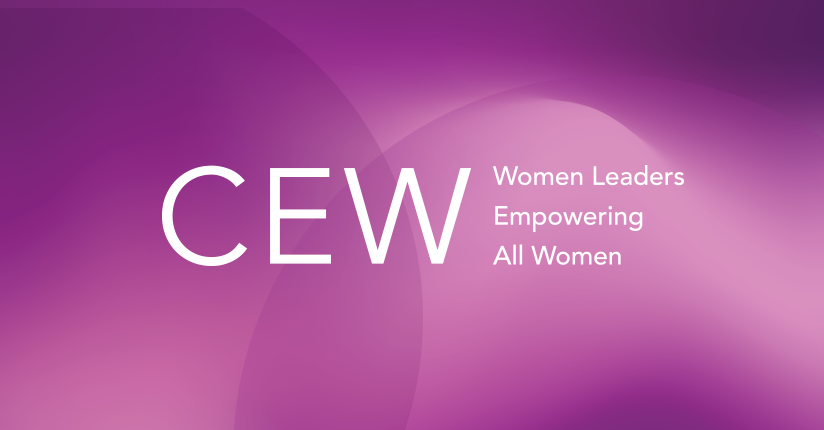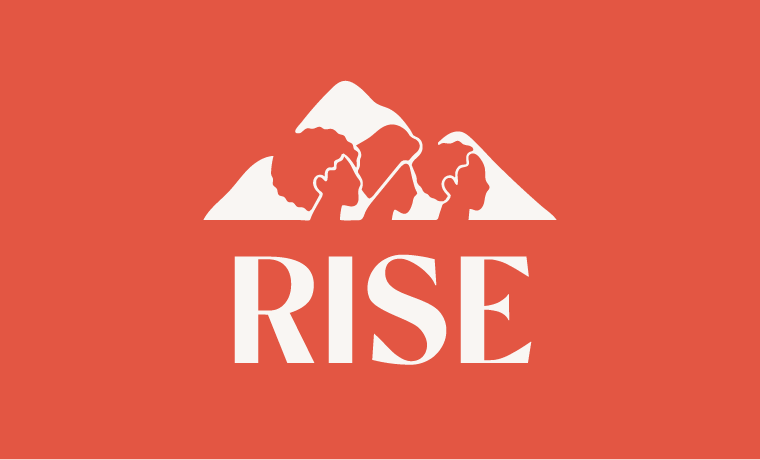Westpac has done it, Telstra, Woolworths, ANZ, NAB, CSR and BP are on to it, and even number-crunchers such as accountants KPMG are doing it.
So let’s do it – let’s have pay equity for women and men who are doing similar jobs.
Pay equity is not something leaders can set and forget. It requires an understanding of the data and a willingness to investigate when gaps emerge.
With many Australian businesses now regularly reporting on efforts to build better gender diversity, and boost women in leadership, there’s growing recognition that the well-documented gender pay gap also needs to be addressed.
Fortunately, the business case has never been clearer: closing the gap is about attracting and retaining the best talent, avoiding costly turnover and ensuring a return on investment for Australia’s largest cohort of higher education graduates – women.
There is an 18.2 per cent difference between male and female average weekly full-time earnings, according to the Workplace Gender Equality Agency.
That figure has widened from 17.1 per cent a year ago, and is unacceptably similar to the pay gap 20 years ago. This Friday’s Equal Pay Day [Sept 5] is 66 days after the end of the financial year – that’s the amount of extra time the average woman would have to work to make the same as the average man. And the gap emerges right across the economy, in all sectors and at all levels.
Alarmingly, the pay gap actually widens the further up the ranks women climb, with AFR Boss research published in April showing senior executive women at top listed companies earn 20 per cent less than men in similar roles. Analysis also showed senior women tended to be clustered more in lower paid support roles than in line management.
A range of structural factors contribute to the gap, including sector and occupational segregation, which means more women are working in lower paid sectors, and the impact of part-time work. The finger has also been pointed at the resources boom and women’s poor negotiating skills.
But clearly the problem is not confined to one sector, or to women failing to ‘lean in’. One of the highest gaps of 30 per cent occurs in the financial services sector which employs many women in office-based jobs.
The good news is the spread of gender pay audits shows business leaders believe action can be taken to address the problem. The Chief Executive Women I represent believe that change has to start at the top, and we call on leaders of businesses and organisations across the country to commit to taking the single most important step in attracting and retaining talent.
Transparency of pay scales and criteria for promotion, and auditing fixed and variable pay components are other crucial tools in addressing the gap. Organisations committed to closing the gap are also building a data base of information on pay which can help track the effects of career breaks on progression and remuneration.
This article appears in the Australian Financial Review (paywall), 5 September 2014.
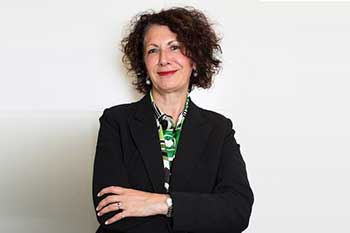
CHRISTINE CHRISTIAN
Christine Christian is Non Executive Company Director, ME Bank Limited, Lonsec Fiscal, Powerlinx Inc., State Library of Victoria

